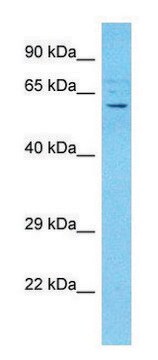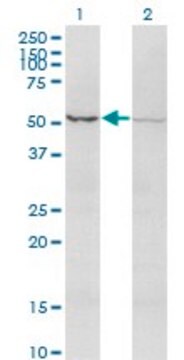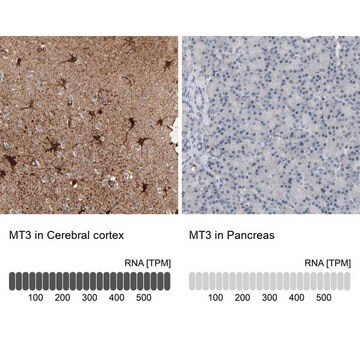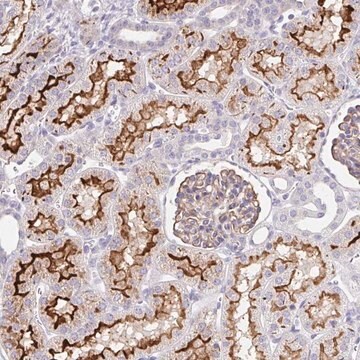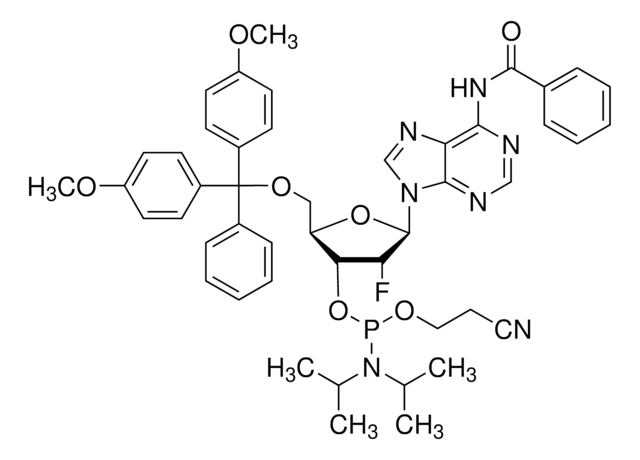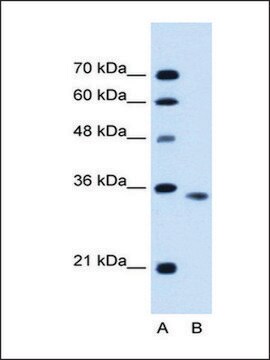A0457
Anti-Activin Receptor IIB antibody produced in goat
affinity isolated antibody
Sinônimo(s):
ActRIIB
About This Item
Produtos recomendados
fonte biológica
goat
Nível de qualidade
conjugado
unconjugated
forma do anticorpo
affinity isolated antibody
tipo de produto de anticorpo
primary antibodies
clone
polyclonal
reatividade de espécies
human
técnica(s)
flow cytometry: 10 μL using 1-2.5 x 105 cells (of a 25 μg/mL dilution)
immunohistochemistry: 5 μg/mL
western blot: 0.1-0.2 μg/mL
nº de adesão UniProt
temperatura de armazenamento
−20°C
modificação pós-traducional do alvo
unmodified
Informações sobre genes
human ... ACVR2B(93)
Descrição geral
Imunogênio
Aplicação
forma física
Exoneração de responsabilidade
Não está encontrando o produto certo?
Experimente o nosso Ferramenta de seleção de produtos.
Código de classe de armazenamento
13 - Non Combustible Solids
Classe de risco de água (WGK)
WGK 2
Ponto de fulgor (°F)
Not applicable
Ponto de fulgor (°C)
Not applicable
Certificados de análise (COA)
Busque Certificados de análise (COA) digitando o Número do Lote do produto. Os números de lote e remessa podem ser encontrados no rótulo de um produto após a palavra “Lot” ou “Batch”.
Já possui este produto?
Encontre a documentação dos produtos que você adquiriu recentemente na biblioteca de documentos.
Nossa equipe de cientistas tem experiência em todas as áreas de pesquisa, incluindo Life Sciences, ciência de materiais, síntese química, cromatografia, química analítica e muitas outras.
Entre em contato com a assistência técnica